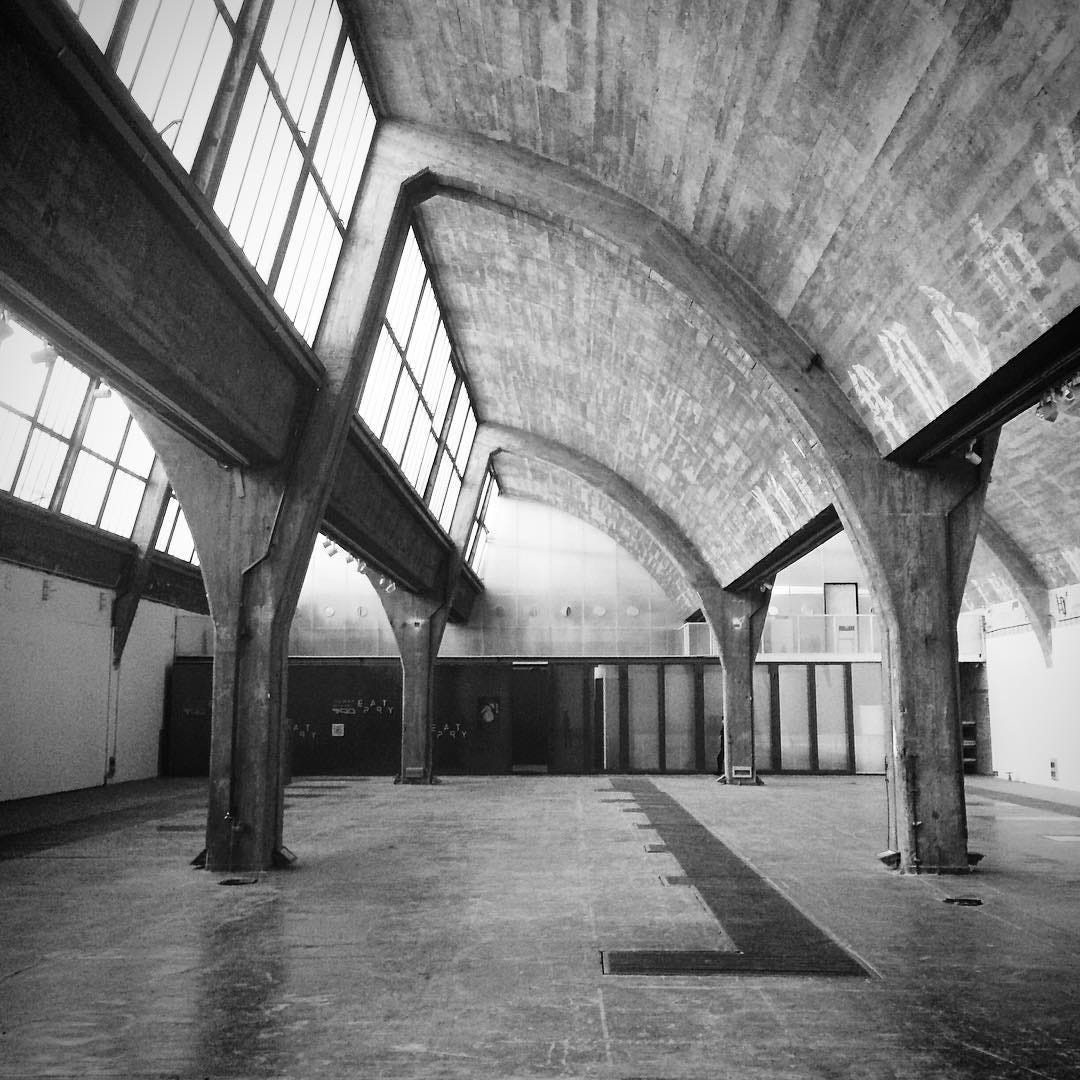Finance minister hints at more stimulus but remains vague on plans
+ Taiwanese President Lai Ching-te’s National Day speech and implications
Welcome back to What’s Happening in China, your weekly update on the latest news and developments from the country.
I hope you had a great week. Today's issue may be cut off in your inbox. Click here for the full content.
Before we dive in, please consider liking, commenting, restacking, or sharing this newsletter with friends, family, and colleagues.
Let’s jump into it.
— PC
Was this forwarded to you? You can click here to get What’s Happening in China delivered straight to your inbox every Saturday.
Through the Lens

In Focus
I. How Do You Define Success?
This new report explores whether the United States should more clearly define the end goals for its China policy. While some argue that the United States should aim to “win” in the strategic competition against China, others advocate for a managed competition, avoiding conflict while strengthening the global rules-based order. This report advances the debate with contributions from over 20 leading experts on China and grand strategy, aiming to deepen discussion on how the United States should navigate an increasingly complex geopolitical landscape.
Read: Defining Success: Does the United States Need an “End State” for Its China Policy? (Center for Strategic and International Studies)
II. “The Cost of Faltering Reforms”
The current cycle of China Pathfinder is coming to a close at a critical time for China’s economy. After delaying major policy moves in 2023, China announced a major slate of reforms at the long-awaited Third Plenum of the Chinese Communist Party in July 2024. It faces enormous challenges: 2023 saw lackluster growth, continued property sector woes, and growing foreign pushback against manufacturing overcapacity and the treatment of foreign firms. China’s reform experience in 2023 and its successes and failures set the stage for the new reforms.
To track Beijing’s reform efforts to date, China Pathfinder compares China’s economic system to those of market economies. Using six components of the market model—financial system development, market competition, modern innovation system, trade openness, direct investment openness, and portfolio investment openness—we established a quantitative framework for understanding China’s progress or regression on reform. China’s outsized role in the global economy and the necessity of reform to maintain the country’s growth make this work key to understanding China’s future trajectory.
Read: End of the Line: The Cost of Faltering Reforms (Rhodium Group)
III. Michael Pettis: The World’s Foremost Punk-Rock Economist
Free trade, Pettis argues, is a mirage. In books, articles and talks, Pettis has long made the case that domestic choices made by China and other major exporters impose corrosive costs on their trading partners and distort the global economy.
Pettis isn’t a trained economist. He describes himself as “a finance guy,” with a background in physics and math. Born in Spain to an American father and a French mother, he had an itinerant childhood in countries including Pakistan, Peru and Morocco thanks to his father’s job as a geologist and civil engineer.
A career on Wall Street gave him an up-close view of the destabilizing potential of unfettered flows of capital into and out of emerging economies, such as the Mexican currency crisis of 1994, when worries over a government debt default sparked a collapse in the peso. Pettis worked in the bond divisions of investment banks Bear Stearns and First Boston.
Pettis landed in China in 2002 to take up a teaching job, expecting to stay for a couple of years before returning to Wall Street. “But China just was too interesting and I never got around to leaving,” Pettis said.
A big reason was music. A rock fanatic, Pettis had run a punk club called SIN in New York’s East Village and became entranced by Beijing’s burgeoning underground scene. In Beijing, he set up a club called D-22 in the capital’s student district, which he said he fashioned after New York dives where the musicians were always the top of the pyramid.
“It just exploded,” he said.
Read: The Economist Whose Contrarian Streak Has Gotten Attention in Biden and Trump Camps (WSJ)

